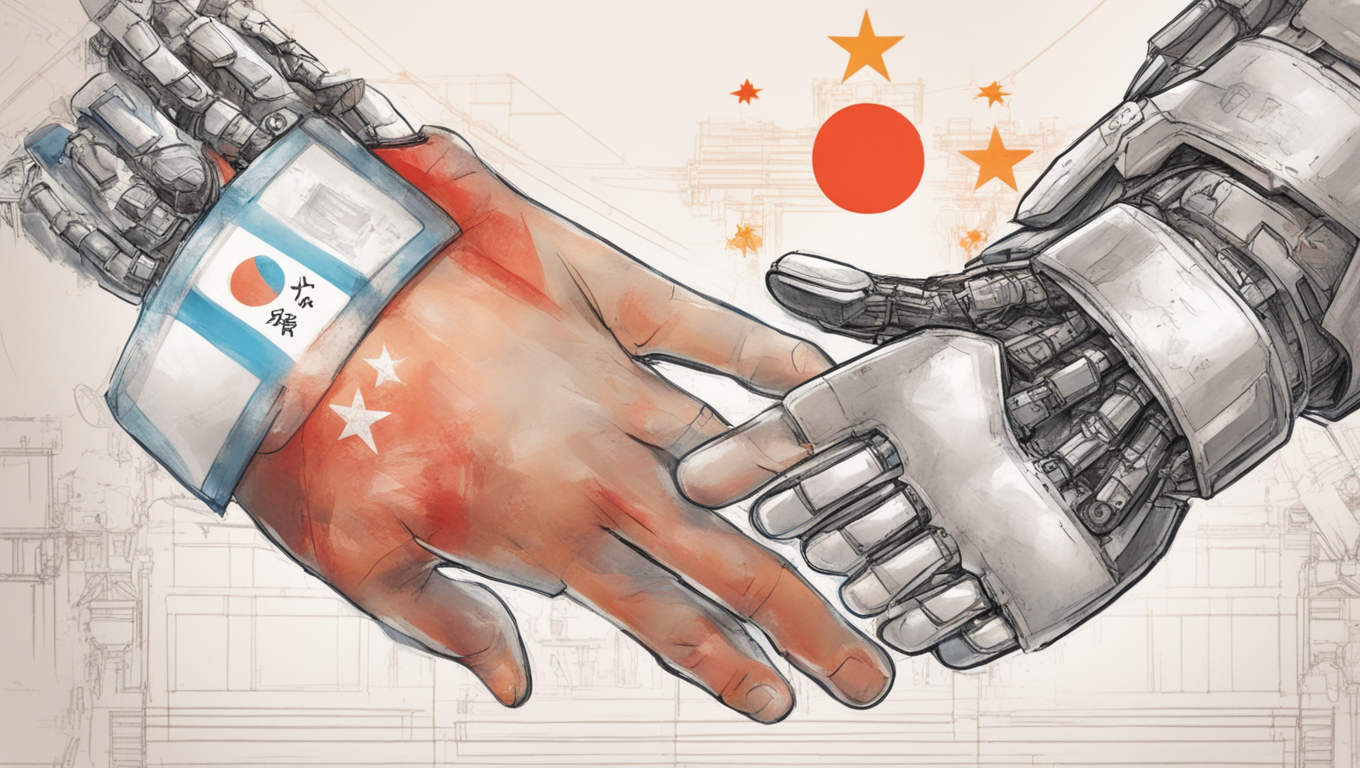Alibaba Group Holding and Tencent Holdings, two major players in the Chinese tech industry, have recently joined forces with other prominent companies and venture capital firms to invest in Beijing Zhipu Huazhang Technology Co, known as Zhipu AI. This startup has raised a significant amount of funding, totaling 2.5 billion yuan (US$342 million) this year, highlighting the increasing investments in China’s artificial intelligence (AI) sector.
Not only did Alibaba and Tencent invest in Zhipu AI, but they were also joined by companies like Ant Group, Meituan, and Xiaomi Corp. These investments signify the confidence that these tech giants have in Zhipu AI and the potential of the AI market in China. Other notable backers of Zhipu AI include Xiaomi co-founder and CEO Lei Jun’s Shunwei Capital, as well as VC firms Hillhouse Capital’s GL Ventures and Chinese firm HongShan, which spun off from Sequoia Capital.
The success of Zhipu AI can be seen by its increasing valuation. The startup’s worth reached US$1 billion by mid-September, a significant jump from its valuation of US$500 million in July. This increase in value followed the completion of Zhipu AI’s Series B3 funding round, which saw participation from Alibaba and Tencent. Despite efforts by the US government to limit China’s advancement in advanced technologies, investments in AI-related enterprises in China have continued to thrive in the private sector.
One of the areas Zhipu AI is focusing on is generative AI, specifically competing against Microsoft Corp-backed OpenAI’s ChatGPT. Generative AI algorithms are used to create new content, such as audio, code, images, text, simulations, and videos. Zhipu AI plans to use the funding it raised this year to further develop its technology, particularly its foundational large language model (LLM), which powers AI chatbots like ChatGPT. In fact, Zhipu AI is planning to open-source its ChatGLM2-6B LLM, further contributing to the advancement of the AI industry.
Zhipu AI’s achievements are noteworthy considering its relatively young age and its roots in the Knowledge Engineering Group of Tsinghua University, one of China’s most prestigious institutions. Its CEO, Zhang Peng, holds a PhD from Tsinghua’s computer science department. Beijing, where Zhipu AI is based, is already a hub for AI development in China, with the city hosting half of the country’s developed LLMs and over one-third of its core AI companies.
Zhipu AI’s success and the significant investments it has garnered highlight the increasing interest and potential of the AI market in China. These investments not only support the growth of individual startups but contribute to the overall advancement and competitiveness of China’s AI industry. With the backing of major tech players like Alibaba and Tencent, Zhipu AI is well-positioned to make significant strides in the field of generative AI.





Use the share button below if you liked it.